
The buzz about the legality of Uber and GrabCar operating in the Philippines might have died down, but now there is another legal issue surrounding them: whether their drivers are employees or independent contractors.
As a backgrounder, the legality of these operators was settled by Department Order No. 2015-011 issued by the Department of Transportation and Communications (DOTC) on May 8, 2015, which outlined new classifications for public transport that now include the online-enabled transportation network vehicle service (TNVS).
Borrowing from the California Public Utilities Commission, the DOTC Order states that organisations providing “prearranged transportation services for compensation using online-enabled application or platform technology to connect passengers with drivers using their personal vehicles” should be called transportation network companies (TNCs).
The Land Transportation Franchising and Regulatory Board (LTFRB) issued Memorandum Circular No. 2015-015 providing for rules and regulations to govern the accreditation of TNCs, pursuant to the DOTC Order. Article VI of the said circular provides: “The TNC shall exercise due diligence and reasonable care in accrediting drivers. The TNC shall be liable for failure to exercise due diligence and reasonable care, except if such non-compliance is due to acts or omissions outside of the TNC’s control. However, such liability shall not extend to actions of drivers who are independent contractors who provide the transportation service directly to passengers.”
Given that the DOTC Order borrowed the concept of TNCs from the California Public Utilities Commission, it is prudent to examine a controversial case in California relating to Uber. Last year, the California Labor Commissioner’s Office ruled that a driver for the ride-hailing service Uber should be classified as an employee, not an independent contractor. While Uber has long positioned itself as merely an app that connects drivers and passengers — with no control over the hours of its drivers — the California labour office cited many instances in which it said that Uber acted more like an employer.
The case sparked a class-action suit from Uber drivers that was eventually settled out of court. Under the agreement, Uber will continue to classify drivers as independent contractors but pay as much as $100 million to the roughly 385,000 drivers involved in the lawsuits.
While LTFRB Memorandum Circular No. 2015-015 categorises the drivers accredited by TNCs as independent contractors, the board’s subsequent Memorandum Circular No. 2015-016, which imposes terms and conditions on a certificate of TNC accreditation, has become a spur toward this other legal issue against the categorisation set in the prior circular.
In determining the existence of employer-employee relationship, the following elements are generally considered: (1) selection and engagement of the employee; (2) payment of wages or salaries; (3) exercise of the power of dismissal; and (4) exercise of the power to control the employee’s means and methods of accomplishing the work. The Supreme Court considers the last element, which is commonly known as the “right-of-control-test”, as the most significant test of the existence of employment relationship.
At this point, it is important to point out that the subsequent LTFRB Memorandum Circular No. 2015-016 imposes on all holders of a Certificate of TNC Accreditation various responsibilities, including:
- criminal background checks;
- confirmation that drivers can read, write and speak Filipino and English;
- a continuing training programme;
- a “zero tolerance drug and alcohol policy”
- physical inspections of vehicles; and
- ensuring that vehicles are not installed with a top light or taxi meter.
While the LTFRB Memorandum Circular No. 2015-015 classifies the drivers as independent contractors, the foregoing responsibilities imposed on TNCs under Memorandum Circular No. 2015-016 may be cited as indicia of an employer-employee relationship given the required control that these TNCs are to impose on their drivers. The terms and conditions imposed by the subsequent Memorandum Circular 2015-016 thus somewhat pose a question as to the validity of the classification of drivers as independent contractors.
As TNVS or TNC is an innovation in the Philippine transportation industry and as it apparently also affects our labour laws as it did elsewhere, it is worth looking forward to the innovations from Congress and how the Supreme Court will resolve the issues arising from this new system of transport.
(A version of this article originally appeared in Business World, a newspaper of general circulation in the Philippines)
___________

ACCRALAW Tower, 2nd Ave. Cor. 30th St., Bonifacio Global City
Taguig City, Metro Manila, Philippines
Tel: (63) 82 224 0996, / Fax (632) 4037007 or (632) 4037008
E: jstambor@accralaw.com W: www.accralaw.com





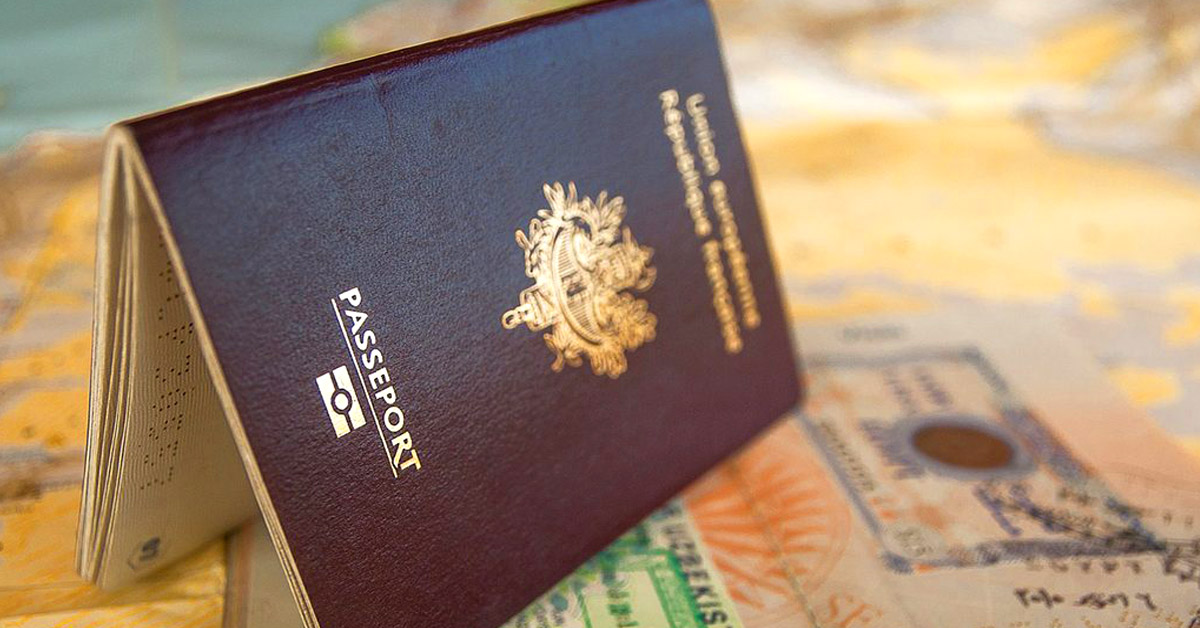
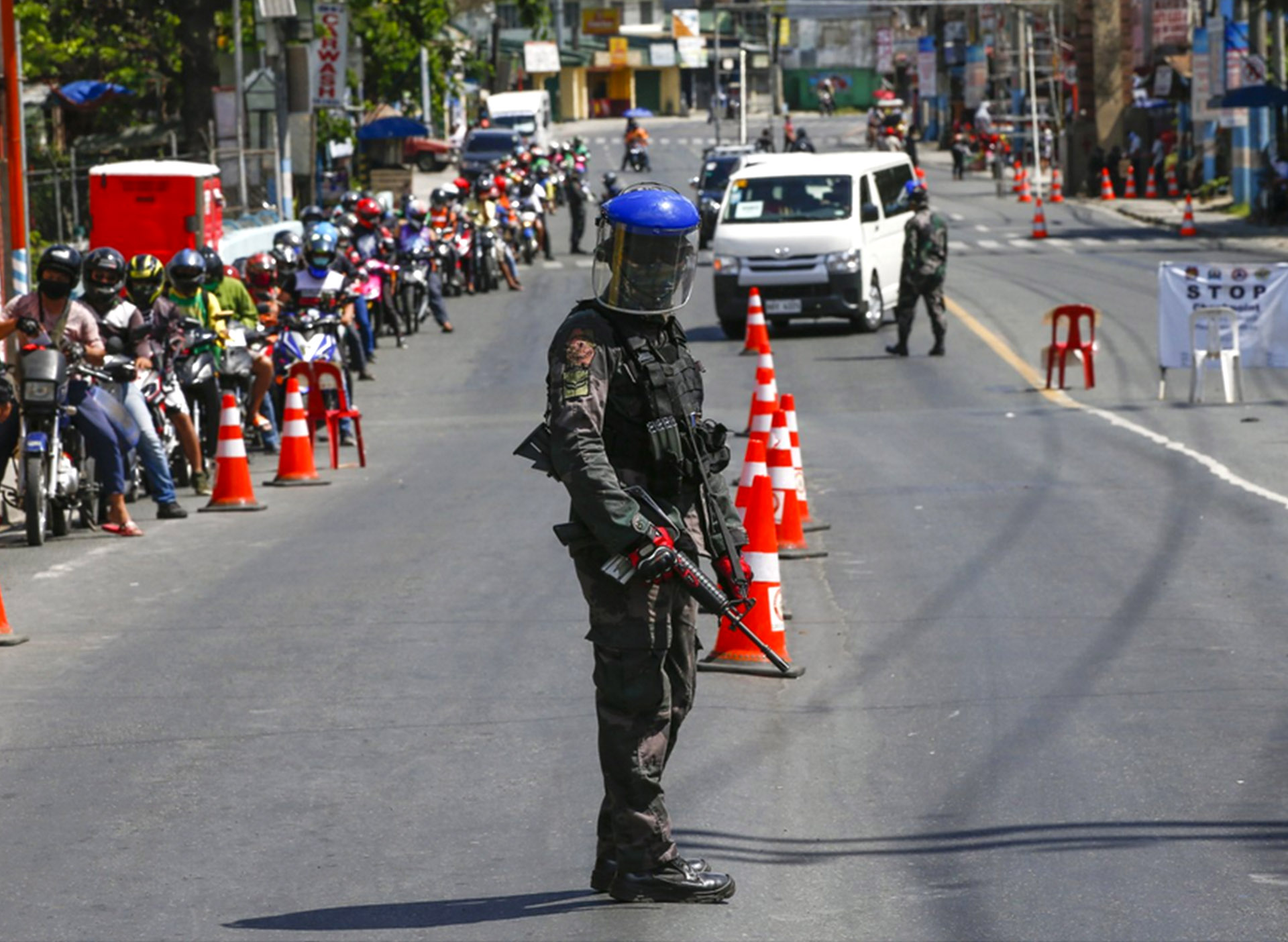












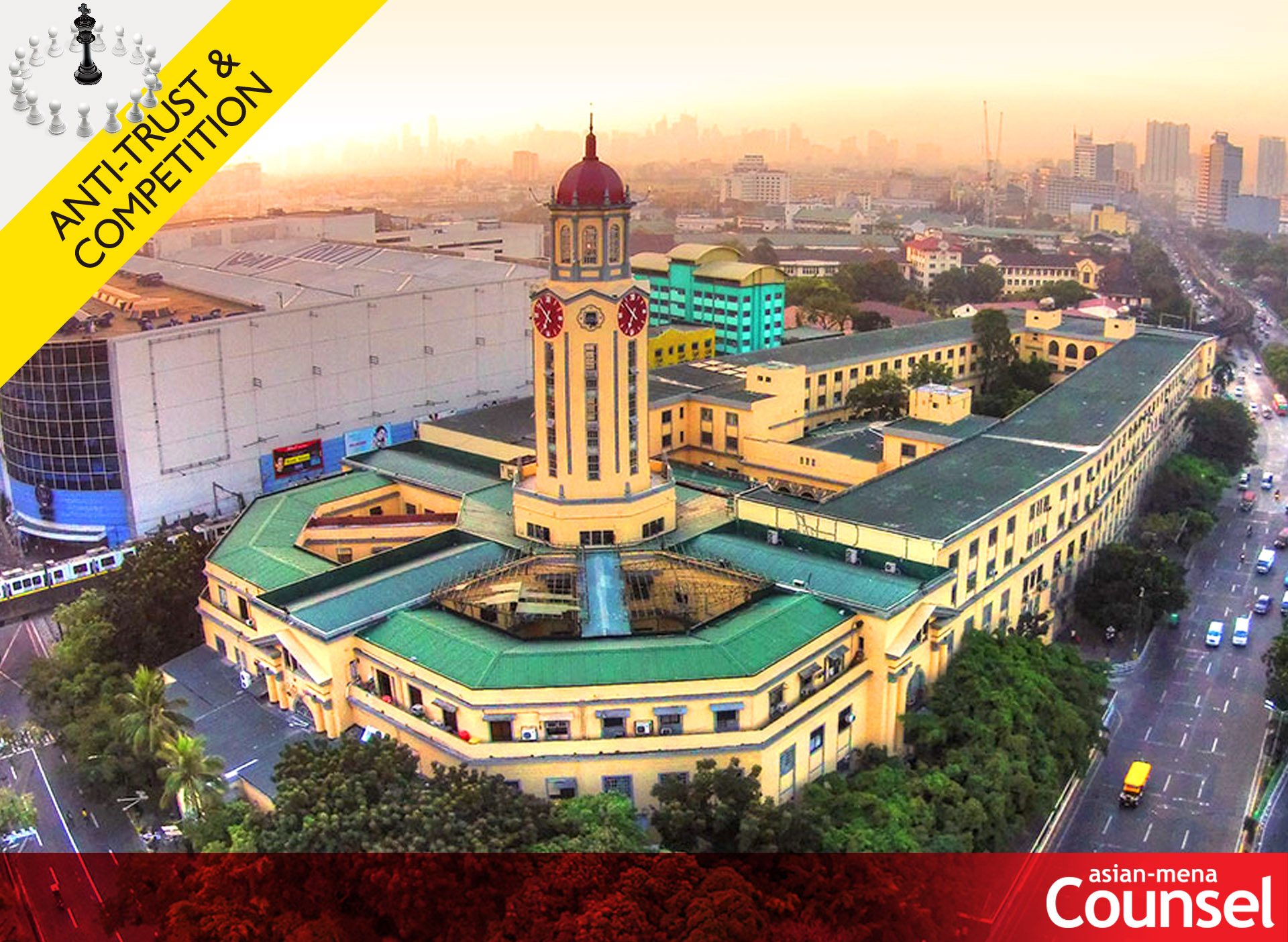










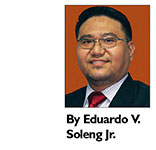
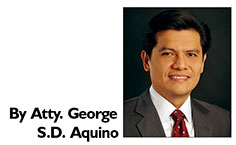









 Angara Abello Concepcion Regala & Cruz Law Offices (ACCRALAW)
Angara Abello Concepcion Regala & Cruz Law Offices (ACCRALAW) Emerico O. De Guzman
Emerico O. De Guzman







